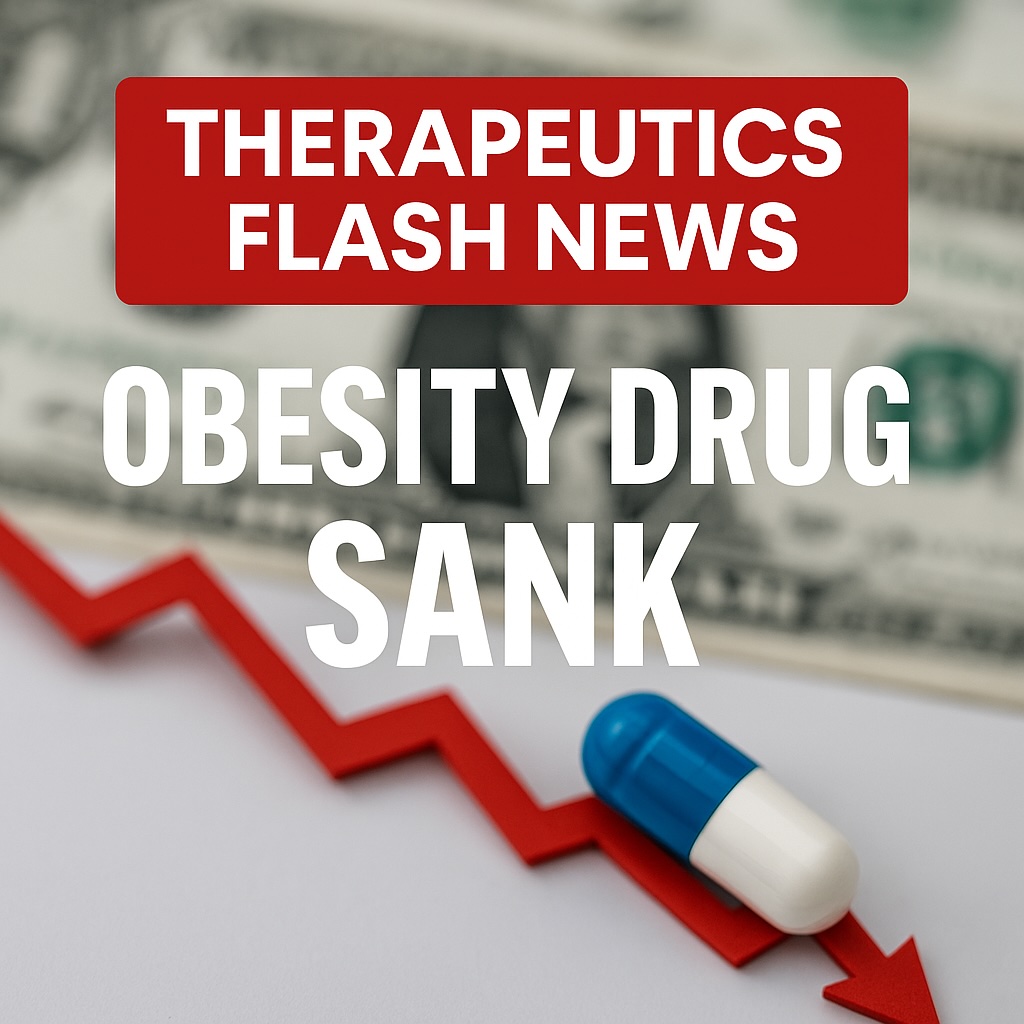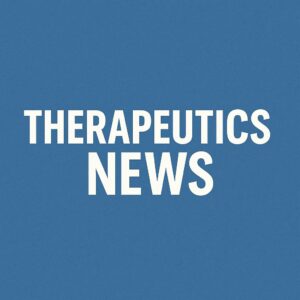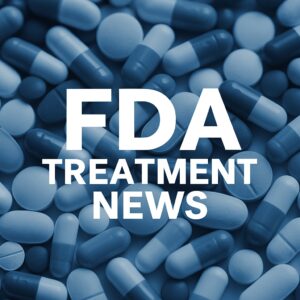On August 19, 2025, U.S.-based biotech company Viking Therapeutics announced results from its Phase 2 trial of the oral obesity drug VK2735. While the therapy demonstrated up to 12.2% weight loss over 13 weeks, a high discontinuation rate due to gastrointestinal side effects raised investor concerns. As a result, Viking’s stock price tumbled by nearly 50%. This article summarizes the news, explains the strategic importance of obesity drugs in the pharmaceutical industry, and discusses the volatility of U.S. biotech stocks as well as the fierce competitive landscape.
News Summary: Clinical Results of VK2735
VK2735 is an oral GLP-1/GIP dual agonist under development. The latest clinical readout highlighted both efficacy and challenges:
- Up to 12.2% weight reduction over 13 weeks (vs. 1.3% in placebo)
- 38% discontinuation rate at the highest dose, mostly due to nausea and vomiting
- Share price plunged 37–45% immediately after the announcement
CEO Brian Lian emphasized that such gastrointestinal symptoms are common for GLP-1 agents and may be mitigated with dose titration and maintenance strategies. Nevertheless, the market reacted strongly to the safety signal.
Strategic Importance of Obesity Drugs
Obesity drugs have become a core growth driver in global pharma, not only for weight management but also for reducing risks of diabetes and cardiovascular disease. Key market trends include:
- Wegovy® (Novo Nordisk) and Zepbound® (Eli Lilly) established as blockbusters
- Market size projected to exceed $150 billion by 2030
- Rising expectations for oral formulations due to convenience and scalability
Viking’s trial underscores the promise of oral agents, but also the challenges of balancing efficacy and tolerability.
Volatility of U.S. Biotech Stocks
U.S. biotech equities are notorious for their sharp swings tied to trial outcomes and regulatory events. The Viking selloff reflects structural dynamics:
- Investors react more strongly to safety risks than efficacy data
- Small and mid-cap biotech names face extreme capital inflows and outflows
- Stock volatility often diverges from long-term scientific and clinical value
Competitive Landscape: The Novo–Lilly Duopoly
Currently, the obesity drug market is dominated by Novo Nordisk and Eli Lilly, both of which have strong injectable and oral pipelines backed by global commercial power. This creates significant barriers for mid-sized players like Viking, whose niche strategy faces daunting competition.
Future Outlook
Viking’s key priorities moving forward include:
- Optimizing tolerability management in Phase 3 (dose titration, maintenance regimens)
- Head-to-head comparisons with injectable benchmarks
- Exploring expanded indications in diabetes and cardiometabolic disease
For investors, the focus should shift from short-term volatility to long-term trial outcomes and regulatory milestones.
Conclusion
The VK2735 data reflect both encouraging efficacy and significant safety hurdles. While the obesity drug market remains one of the most attractive growth arenas in pharma, competition is fierce and volatility remains a defining feature of U.S. biotech equities.
This article was edited by the Morningglorysciences team.





Comments